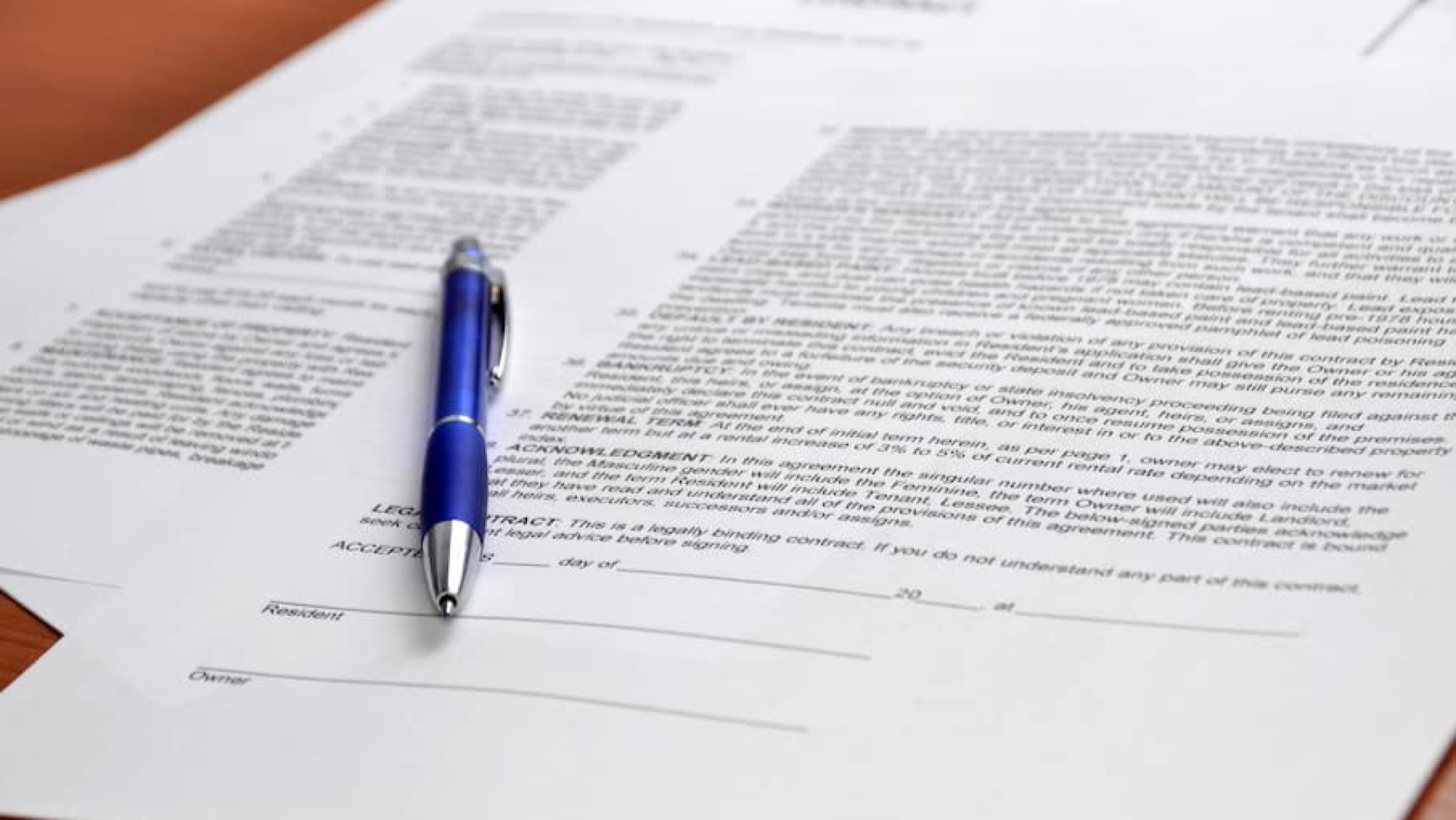An Assignment Agreement is a legal contract that outlines the relationship between the original owner (the “assignor”) who transfers the ownership of their IP to a new owner (the “assignee”) while a Licensing Agreement is a legal document that will govern the relationship between the property owner (the “licensor”) who gives permission to the other party (the “licensee”) to use their brand, patent, trademark or other IP for a specific period of time.
What are the differences between assignment agreements and licensing agreements?
This table includes a few clauses that should be included in a comprehensive licensing and assignment agreement. Agreements typically vary on a case to case basis and are subject to review. 
At CM Advocates LLP, we have an experienced team of lawyers who can offer you legal assistance in drafting, developing and reviewing your License and Assignment Agreements for your business. Please contact us for our services at law@cmadvocates.com for more information on our services.
Author
Sandra Chesanai - Associate
Disclaimer
This article is for informational purposes only and should not be construed as legal advice.
Related blogs & news
Web Cookies 101
We previously highlighted the importance of consent in the collection and processing of personal data as a principle of data protection under the Data Protection Act, 2019 (the Act), whereby the consent is required to be “express, unequivocal, free, specific and an informed indication of the data subject's wishes”. ...
Recordation of Intellectual Property Rights for Imported Goods in Kenya
According to a survey conducted by Anti-Counterfeit Authority’s (ACA) and dubbed 'Counterfeits and other Forms of Illicit Trade in Kenya in 2018', counterfeits accounted for 77% of the total businesses losses in 2018.’ This shows that trade in illicit products and counterfeits increased in 2018 compared to the total reported losses in 2017....
Employees Entitlement to Intellectual Property Rights developed for the Company
Intellectual property rights are rights granted to a creator of invention, artistic and literary works, designs and symbols and names and images used in commerce. These rights are protected by law through patents, copyrights and trademarks....
Intellectual Property and Evolving Rights
Intellectual property (IP) refers to creations of the mind, such as inventions; literary and artistic works; designs; and symbols, names and images used in commerce....
Nurturing Innovation Using IP Protection Strategies
Corporations have the combined problem of protecting their intellectual property (IP) assets while remaining true to their primary purpose and values....

Share this blogLinkedIn Twitter Facebook Print